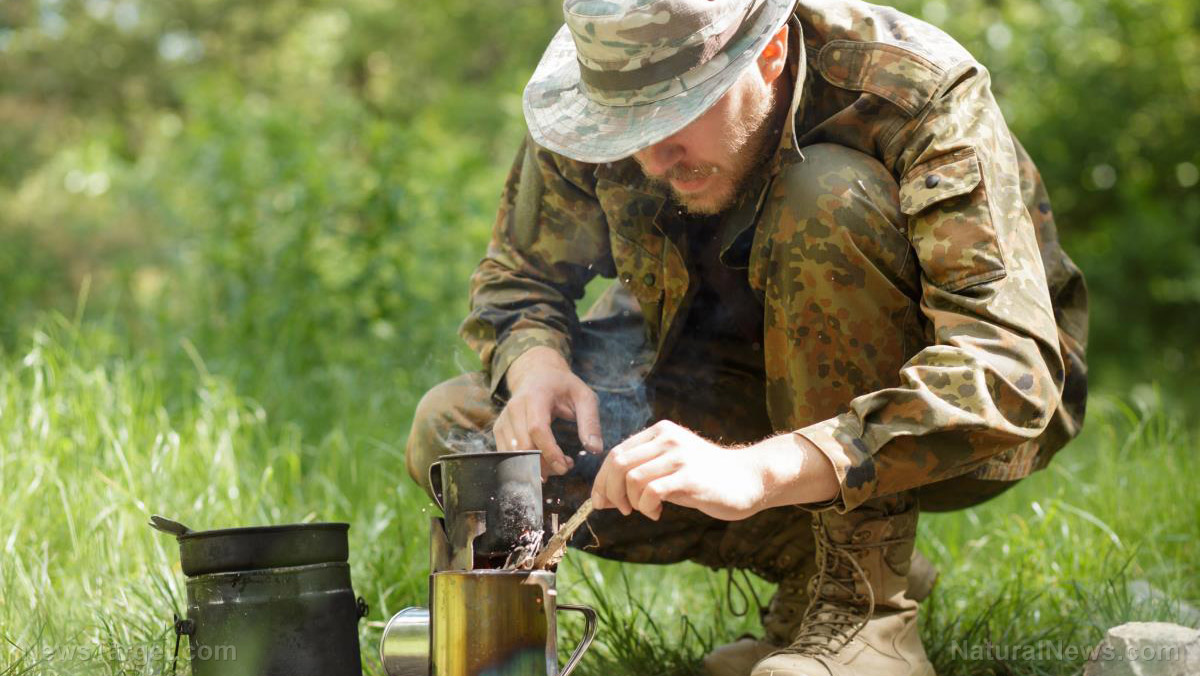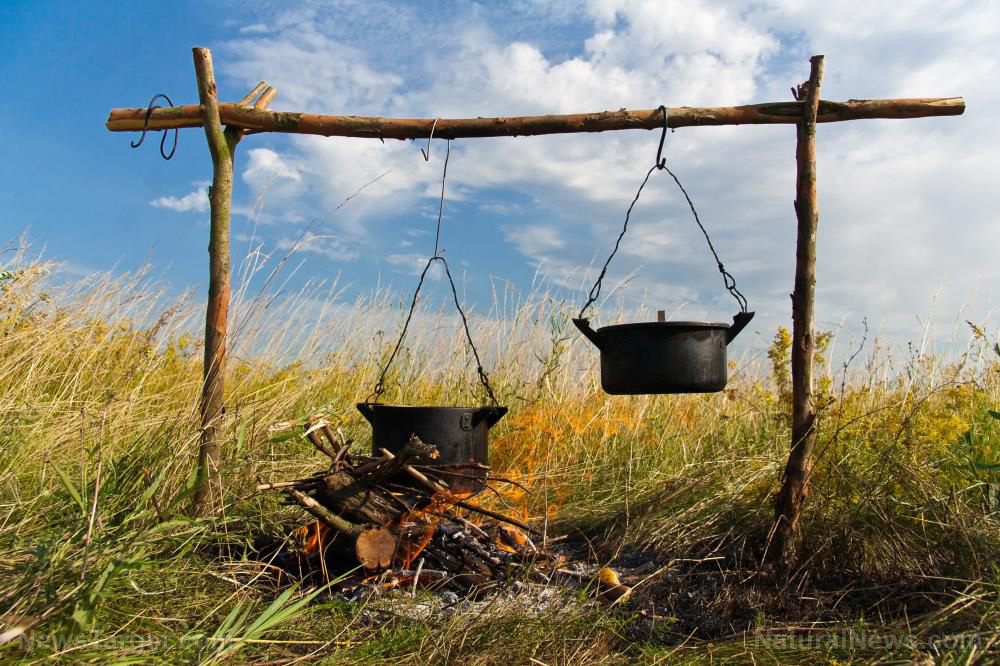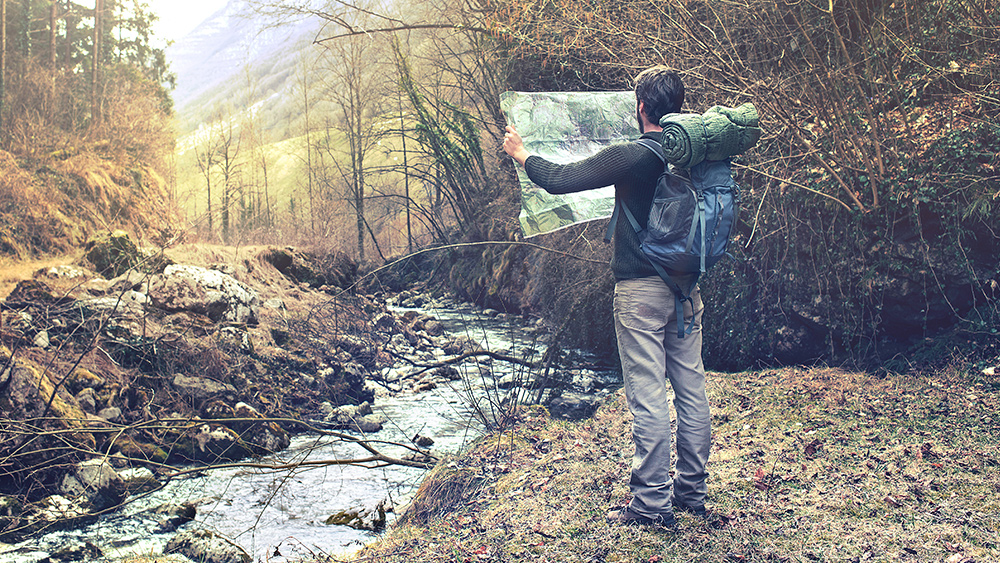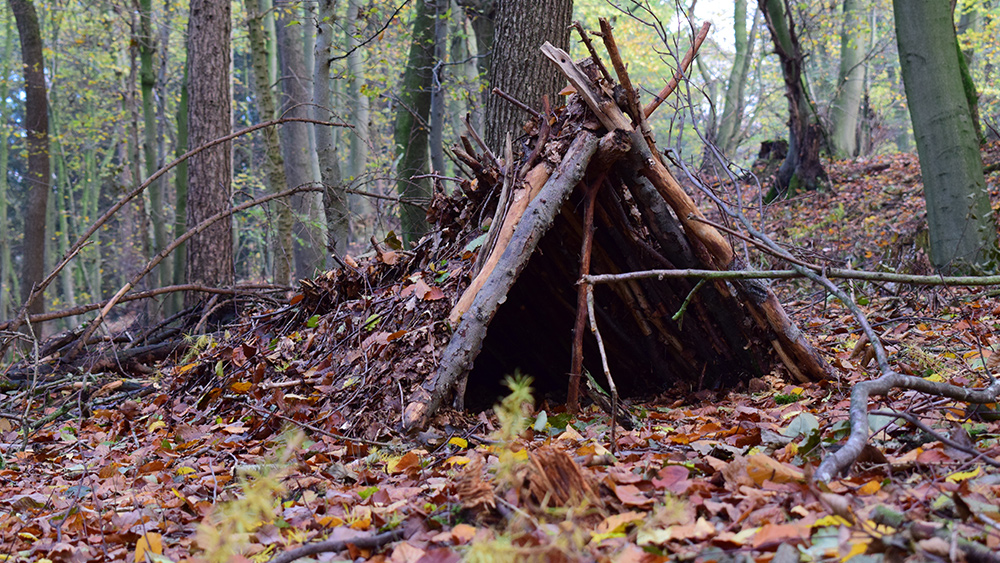
Preppers should have the foresight to take into account every aspect of long-term survival in case SHTF. As with any preparedness plan, some topics might get more attention than others. That doesn't mean the other topics are any less important in the bigger picture of disaster preparedness. Don't take anything for granted. It is always good to have contingency plans. Here are six underappreciated prepping topics you might be missing out on. (h/t to SurvivalistPrepper.net.)
Physical fitness
Proper nutrition and regular exercise can keep you fit, active and healthy. Achieving peak physical condition can delay the signs of old age for much longer than living a sedentary lifestyle ever can. It will greatly benefit you in your daily life, and you'll be all the more prepared when SHTF. You'll be in a better position to engage in physical or manual labor, such as foraging or hunting for food. Staying in good shape will also help prevent chronic health conditions, which might become a burden during disaster scenarios.
Preparedness skills
Your preparedness supplies can only go so far if you lack the preparedness skills to use them. When SHTF, you should be able to make critical decisions without hesitation. Every moment wasted could mean the difference between life and death. Some valuable general preparedness skills you can learn include first aid, waste sanitation, alternative energy source generation, ham radio communication, and food storage and preservation. Other useful skills include fire-making, shelter building, sewing, gardening, cooking, hunting, foraging, and self-defense.
Situational awareness
Preppers should be able to adapt to any situation. This also means being aware of your surroundings and being able to blend right in. If you stand out, you are more likely to put yourself in a dangerous situation. Sometimes, it is best to stay hidden, and being hidden in plain sight puts you at a greater advantage. You also won't want to give away too much information about yourself or your situation because other people might then take advantage of you.
Water filtration
You won't last longer than three days without a reliable supply of clean, potable water. Access to water sources might be severely limited when SHTF. Even if you do come across a source of water, you will have no guarantee that it is fit for drinking. Proper water filtration can help prevent diarrhea and other health problems that may arise from drinking contaminated water. There are many water filters out in the market for you to purchase or you can make your own homemade water filter. It is also important to boil water before drinking it.
Planning and practice
There is a difference between theory and practice. You can learn all the best prepping techniques and strategies you could possibly learn about, but if you can't put them to practice, they won't be worth much when SHTF. A plan is only as good as your ability to execute it. Going through the motions of these techniques also makes you more aware of factors you previously hadn't taken into consideration. Practice takes skill and discipline. It builds a better understanding of the challenges you will have to face. (Related: Practice means SURVIVAL: Why you can't be a good prepper by sitting on the couch.)
Personal doomsdays
One shouldn't only take into account large-scale disaster scenarios. Small, localized incidents might happen just as easily, or even more frequently. The rest if the world will keep moving if you get into a car accident or suffer a heart attack. You could lose your job, your house, or even a loved one. Preppers should be just as ready for small events as they are for larger ones.
If you want to learn more about being prepared for any situation, you can read more articles by going to Preparedness.news.
Sources include:
Please contact us for more information.





















